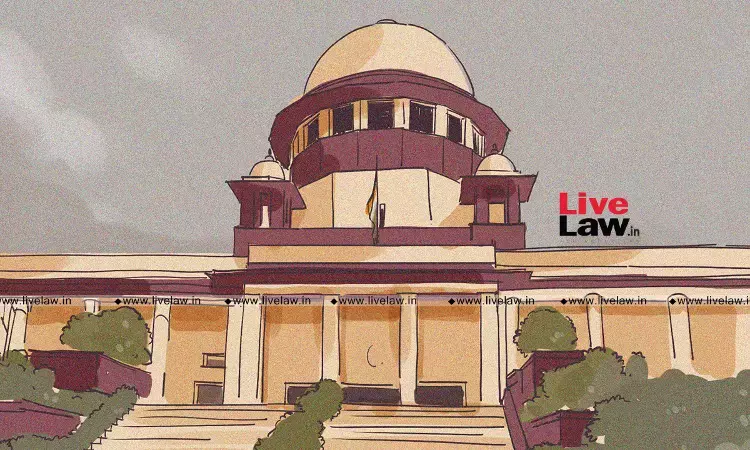A Division Bench of the Supreme Court, comprising Justices Bela M. Trivedi and Dipankar Datta, while hearing a bunch of appeals reiterated the established law that while determining the deduction for development charges, the courts should take into consideration important factors including the nature of land, area under acquisition, whether the land is developed or not, if developed to...

